- Bina Rumah Batu-Bata
- Zero Deposit
- Spesifikasi Rumah
- Lokasi Projek
- Pembiayaan LPPSA
- Garis Panduan LPPSA (Rasmi)
- Soalan Lazim LPPSA
- E-Book LPPSA (Download)
- 1. Apa itu LPPSA?
- 2. Kelebihan LPPSA
- 3. Syarat Kelayakan
- 4. Jenis-Jenis Pembiayaan
- Jenis 1 – Pembelian Rumah Kediaman Yang Telah Siap
- Jenis 2 – Membina Rumah Di Atas Tanah Sendiri
- Jenis 3 – Membeli Rumah Kediaman Yang Sedang Dibina
- Jenis 4 – Pembelian Tanah Bagi Pembinaan Rumah
- Jenis 5 – Melunaskan Keseluruhan/ Sebahagian Pinjaman Sedia Ada Daripada Bank/ Institusi Kewangan
- Jenis 6 – Pembinaan Rumah Kediaman Di Atas Tanah Yang Sedang Dibiayai Oleh BPP/ LPPSA
- Jenis 7 – Ubah Suai Rumah Yang Sedang Atau Telah Selesai Bayar Melalui LPPSA
- 5. Semak Kelayakan LPPSA
- 6. Dokumen Yang Diperlukan
- 7. Insurans/ Takaful LPPSA
- 8. Kos Yuran Guaman
- 9. BONUS: Bina Rumah
- Pembiayaan Koperasi
- Pengeluaran KWSP
- Bayaran Tunai
- Kalkulator
Why Investing in Green Building is a Smart Move for Malaysian Property Owners | RumahHQ
As Malaysia strides towards a more sustainable future, the buzz around green building is becoming impossible to ignore. From bustling Kuala Lumpur to serene islands like Langkawi, property owners are beginning to realize that investing in eco-friendly structures isn’t just a trend—it’s a smart move for the wallet and the planet. Imagine a home that not only reflects your commitment to the environment but also saves you money on energy bills, attracts eco-conscious tenants, and even boosts your property’s value. In this article, we’ll explore the compelling reasons why going green with your building projects is increasingly gaining traction in Malaysia. So, whether you’re a seasoned property investor or just dipping your toes into the real estate waters, let’s dive into the world of green building and discover how it can benefit us all!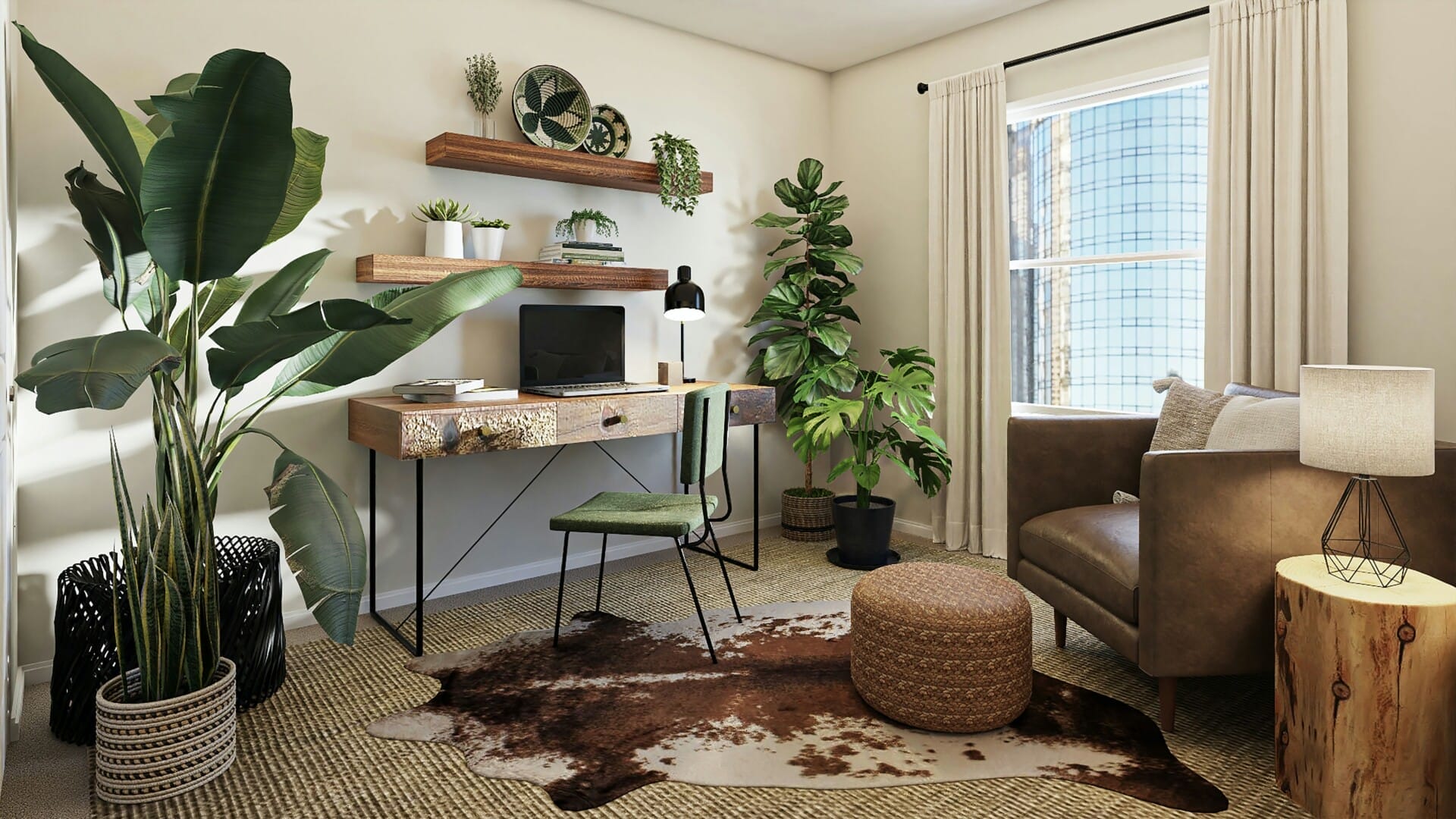
Understanding the Concept of Green Building in Malaysia
Green building is all about designing and constructing buildings that focus on sustainability, efficiency, and minimizing their environmental impact. In Malaysia, this concept has been gaining traction, especially with the government promoting initiatives that encourage energy conservation and sustainable development. The goal is not only to create spaces that help preserve our beautiful country but also to enhance the quality of life for residents. By integrating eco-friendly materials, energy-efficient systems, and smart technology, property owners can create homes and offices that are both innovative and environmentally responsible.
One of the biggest benefits of green buildings is the long-term savings they offer. While the initial investment might be higher compared to traditional buildings, the operational costs often drop significantly. Some factors contributing to these savings include:
- Energy efficiency leading to lower utility bills
- Reduced maintenance costs due to the use of durable materials
- Potential tax incentives and rebates from the government
Moreover, green buildings can increase property value over time, making them a smart investment for owners looking to maximize return on their investment.
It’s also important to note that green buildings contribute positively to the community and environment. They often incorporate features like:
- Rainwater harvesting systems
- Solar panels for renewable energy
- Landscaping that promotes biodiversity
These features not only help in conserving natural resources but also play a role in improving air quality and reducing heat. As Malaysia continues to face challenges related to climate change, embracing the concept of sustainable architecture can create a ripple effect, inspiring others to follow suit and lead to more resilient cities.
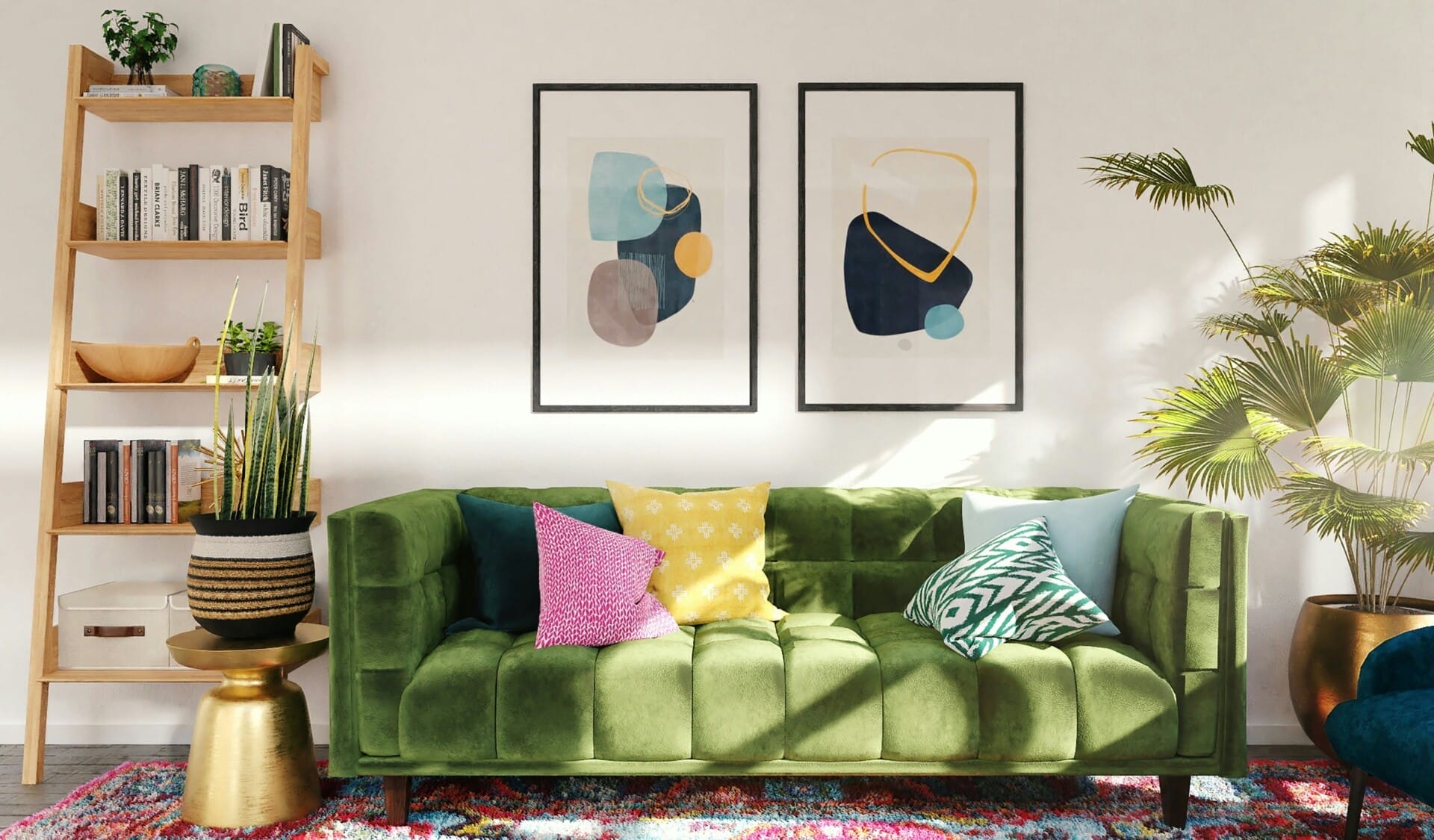
The Environmental Benefits of Green Building for Local Communities
When it comes to sustainable construction, green buildings bring a treasure trove of environmental benefits that can transform local communities. Firstly, they reduce carbon emissions significantly by utilizing energy-efficient systems and sustainable materials. This shift towards cleaner energy not only improves air quality but also sets a strong precedent for future developments. Imagine breathing in fresher air, all thanks to buildings that play a role in lowering pollution levels!
Another remarkable advantage is the enhancement of local biodiversity. Green buildings often incorporate features like green roofs and vertical gardens, which can serve as natural habitats for various species. By integrating nature into urban settings, these structures support ecosystems that might otherwise struggle to thrive amidst urban sprawl. This can foster a sense of community connectedness as residents engage with their natural surroundings, promoting conservation and appreciation of local flora and fauna.
Moreover, water conservation is a significant perk of embracing green building practices. By implementing rainwater harvesting systems and efficient plumbing fixtures, these buildings not only help reduce water waste but also alleviate pressure on local water resources. This is crucial in a country where water management is vital for sustainability. The ripple effect of these practices can lead to lower utility bills for residents and a more resilient community in the face of climate change challenges.
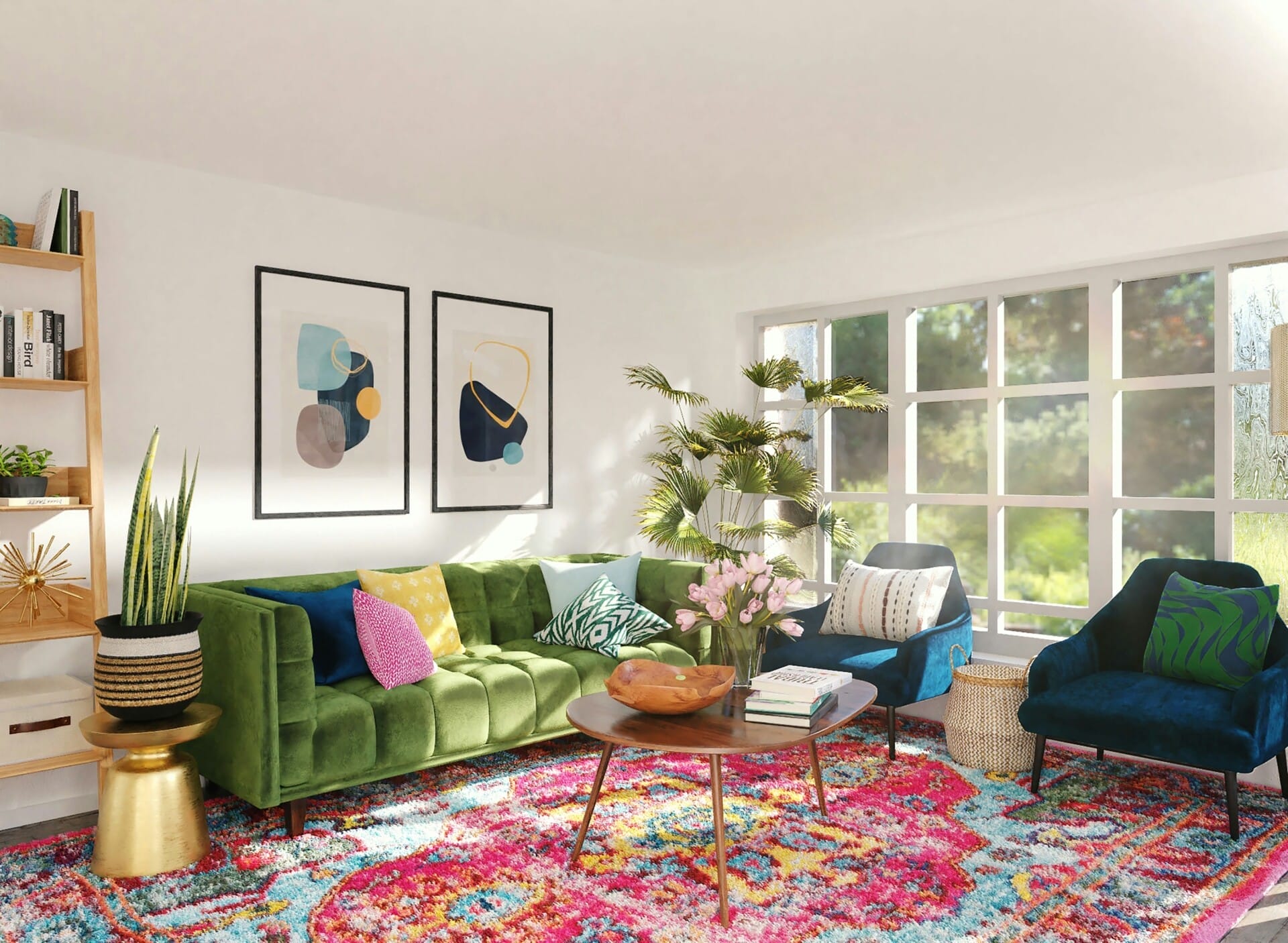
Economic Advantages: How Green Buildings Enhance Property Value
Green buildings aren’t just great for the environment; they can also give your property’s value a significant boost. Property buyers are becoming more conscious of sustainability, and they’re often willing to pay a premium for homes that have energy-efficient features. In Malaysia, where energy costs can be high, having a space that minimizes utility expenses can make your property stand out in a competitive market. The potential for lower operating costs is increasing the demand for eco-friendly spaces, making them more attractive to buyers and investors alike.
Moreover, green buildings often experience increased levels of occupancy and rental rates. This is due to the growing awareness and preference for sustainable living among Malaysian consumers. As more people seek to reduce their carbon footprint, properties that offer green certifications such as LEED (Leadership in Energy and Environmental Design) or Malaysia’s Green Building Index (GBI) are becoming hot commodities. Here are a few key reasons why green buildings attract tenants and buyers:
- Energy Efficiency: Reduced bills and environmental impact.
- Health Benefits: Improved indoor air quality and natural lighting.
- Brand Reputation: Enhanced credibility for businesses situated in green buildings.
When it comes to investment returns, green properties have shown resilience even in fluctuating markets. Studies indicate that buildings with sustainable features typically have a higher resale value. A report from the Green Building Council (GBC) highlights that properties built with sustainable materials and practices see an estimated 10-20% increase in value compared to conventional buildings. Below is a quick comparison:
| Feature | Conventional Property | Green Property |
|---|---|---|
| Energy Costs | Higher | Lower |
| Occupancy Rates | Variable | Consistent High |
| Resale Value | Standard | 10-20% Higher |
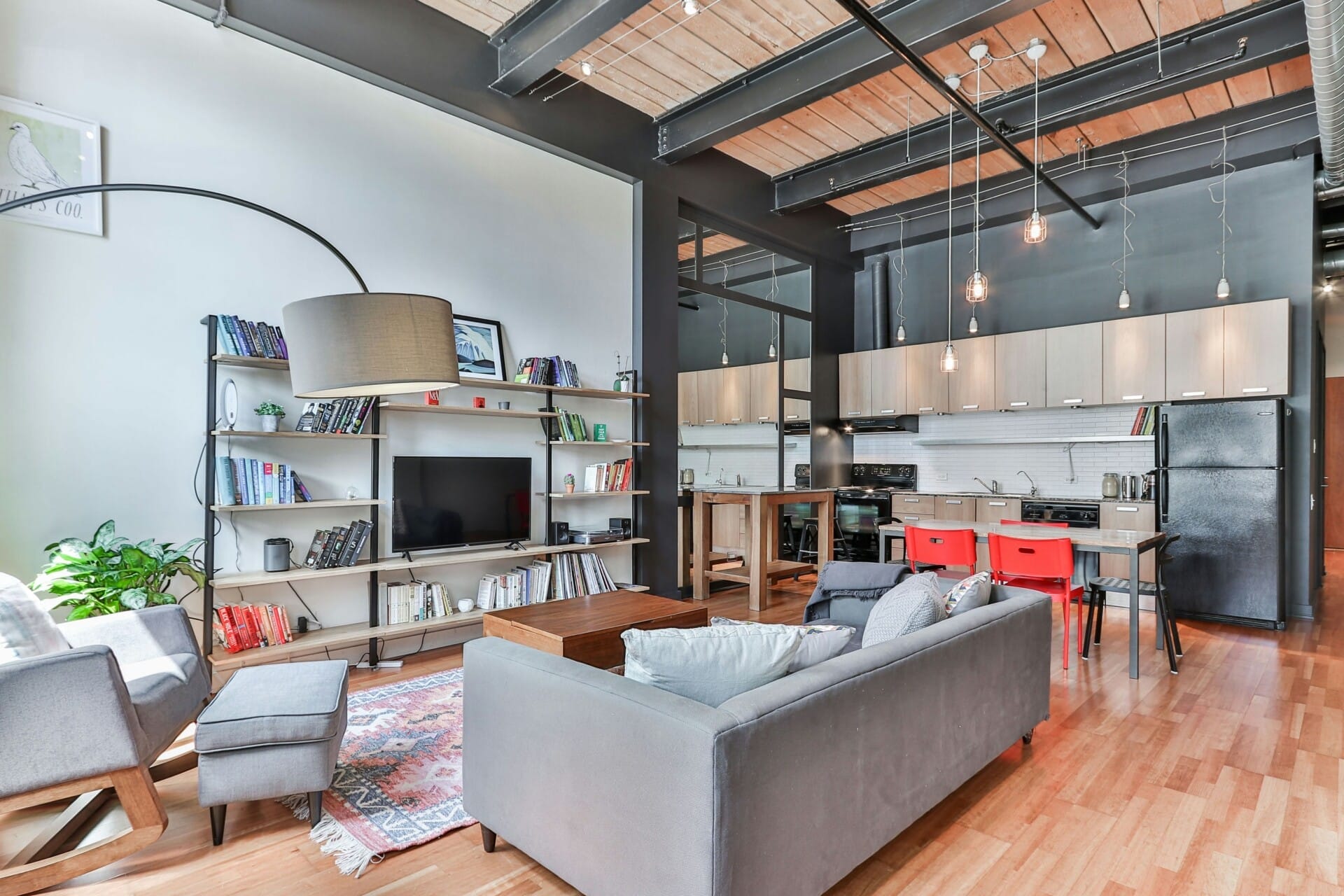
Government Incentives and Policies Supporting Green Developments
In Malaysia, the drive towards sustainable development has received a significant boost from government incentives and policies aimed at promoting green building practices. Various programs have been rolled out to encourage property owners to adopt environmentally friendly practices, making it easier than ever to integrate sustainability into their investments. These initiatives typically offer benefits such as financial subsidies, tax exemptions, and grants that can greatly reduce the overall costs associated with green developments.
One of the standout features of these government efforts is the Green Building Index (GBI), which is the first measure of its kind in the region. Under this framework, buildings that achieve specific sustainability criteria can benefit from reduced development charges and priority processing for development approvals. Property owners can take advantage of this by obtaining GBI certification, showcasing their commitment to sustainable practices while enhancing their building’s marketability and value. Here are some additional benefits of obtaining GBI certification:
- Lower operational costs: Energy-efficient buildings generally see a decrease in utility bills.
- Access to financing: Banks are increasingly offering favorable terms for financing eco-friendly projects.
- Market differentiation: Green buildings are often more appealing to today’s environmentally conscious consumers.
Moreover, the Malaysian government regularly updates its policies to align with international sustainability standards, boosting investor confidence in green projects. Initiatives like the Malaysia’s National Policy on Green Technology lay the foundation for developing a robust green economy, encouraging both local and foreign investments in sustainable construction. As the government collaborates with various stakeholders, including developers, NGOs, and the public, it creates a comprehensive ecosystem that supports environmentally responsible growth, ultimately benefiting not just property owners, but the entire nation.
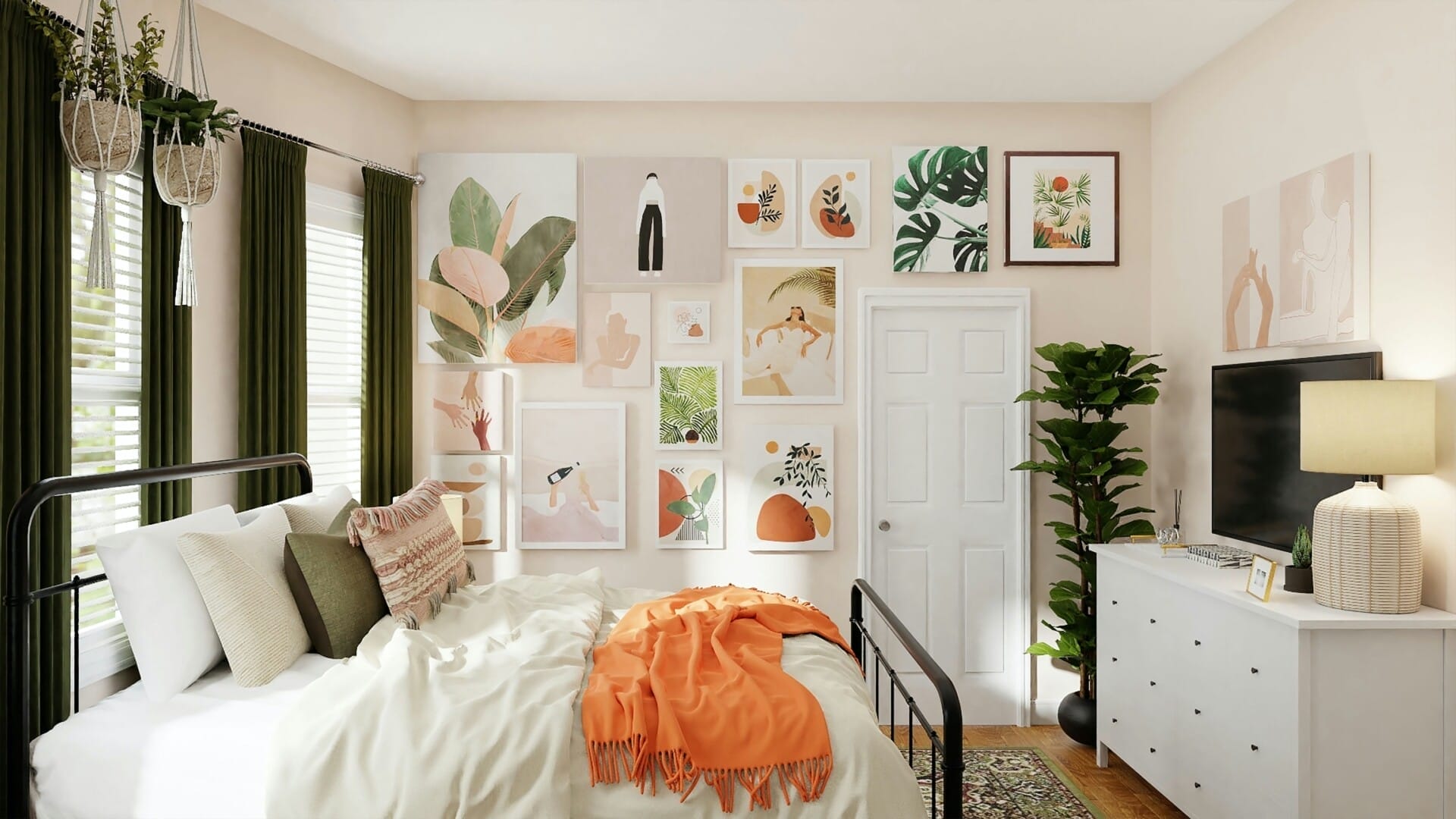
Sustainable Materials and Innovative Technologies in Construction
As Malaysia continues to embrace sustainability, the construction industry is evolving with a focus on using sustainable materials and innovative technologies. This shift isn’t just about being eco-friendly; it’s about creating durable structures that save money in the long run. For instance, materials like recycled steel, bamboo, and rammed earth are gaining traction due to their lower environmental impact and ability to withstand Malaysia’s weather extremes.
Moreover, technologies such as building information modeling (BIM) and 3D printing are revolutionizing how properties are constructed. These methods significantly increase efficiency and reduce waste, ensuring that every material is used optimally. In addition, smart building systems equipped with energy monitors and automated lighting help reduce energy consumption, making it easier for property owners to manage their utility bills while contributing to a greener planet.
| Material/Technology | Benefits |
|---|---|
| Recycled Materials | Reduces waste while maintaining strength. |
| Bamboo | Fast-growing, durable, and versatile. |
| Building Information Modeling (BIM) | Enhances collaboration and reduces errors during construction. |
| 3D Printing | Rapid construction with less material waste. |
| Smart Building Technology | Improves energy efficiency and operational performance. |
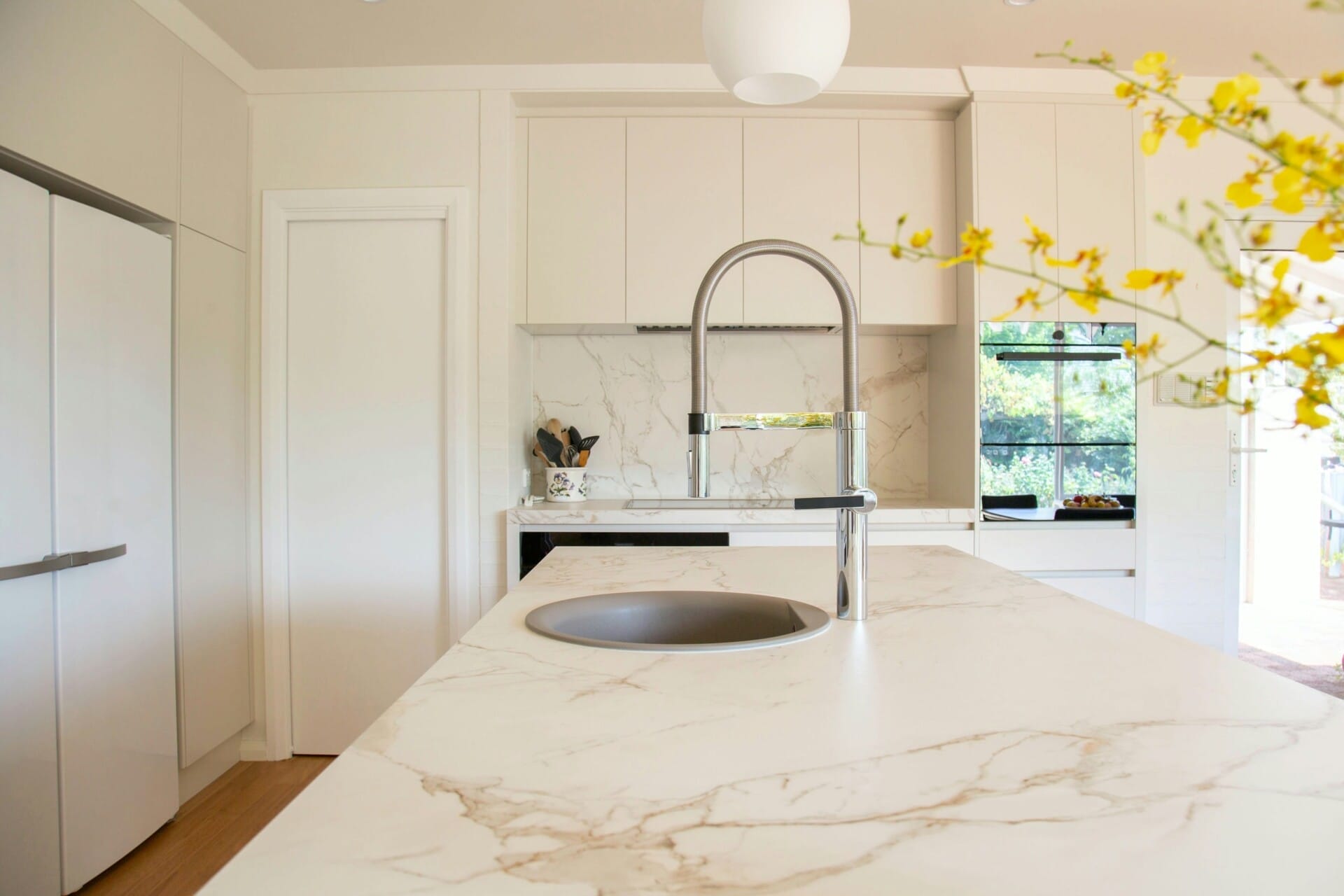
Creating Healthier Living Spaces: The Impact on Occupant Well-being
When we think about living spaces, it’s easy to overlook how much our environment can affect our health and mood. In Malaysia, the growing trend of green buildings isn’t just about aesthetics or energy efficiency; it’s a game changer for occupant well-being. The natural elements brought into these spaces foster a sense of calm and connection to nature, leading to improved mental health and reduced stress levels.
Consider some of the beneficial features of green buildings:
- Natural Lighting: Maximizing natural light helps enhance mood and productivity, creating a more pleasant atmosphere.
- Improved Air Quality: Incorporating plants and ventilation systems reduces harmful pollutants, leading to better respiratory health.
- Sustainable Materials: Utilizing eco-friendly materials can limit toxins and chemical exposure, promoting general well-being.
Studies show that occupants in green buildings report higher satisfaction and lower instances of illnesses compared to those in traditional structures. Here’s a quick comparison:
| Feature | Green Building | Traditional Building |
|---|---|---|
| Air Purity | High | Moderate |
| Natural Light Exposure | Maximized | Limited |
| Energy Efficiency | High | Low |
Long-term Savings: Energy Efficiency and Reduced Utility Costs
Investing in green building technologies can lead to significant long-term savings for property owners. By integrating energy-efficient systems, developers and homeowners alike can enjoy a wide range of benefits that go beyond environmental impact. For instance, energy-efficient buildings are designed to minimize energy consumption, which directly translates to lower utility bills. This is particularly important in Malaysia, where electricity costs can be a considerable expense, especially with rising demand due to increasing urbanization.
Some of the key components that contribute to energy efficiency include:
- High-quality insulation: Keeps interiors cool and reduces air conditioning needs.
- Energy-efficient lighting: Using LED lights significantly lowers electricity use.
- Smart thermostats: Helps regulate temperatures according to your schedule, ensuring optimal energy use.
- Solar panels: Harnessing the power of the sun can drastically cut energy costs over time.
But the benefits don’t stop at immediate savings. The long-term return on investment becomes even more evident when you consider property value appreciation. Energy-efficient buildings are increasingly in demand, making them more attractive on the real estate market. A simple comparative analysis can illustrate the potential financial gains:
| Property Type | Average Annual Utility Cost (MYR) | Estimated Property Value Increase (%) |
|---|---|---|
| Traditional Building | 4,500 | 5 |
| Green Building | 2,500 | 15 |
As these factors illustrate, the commitment to energy-efficient practices not only diminishes utility costs but also enhances market portfolio value, offering Malaysians a pragmatic approach to sustainable living while ensuring financial prudence.
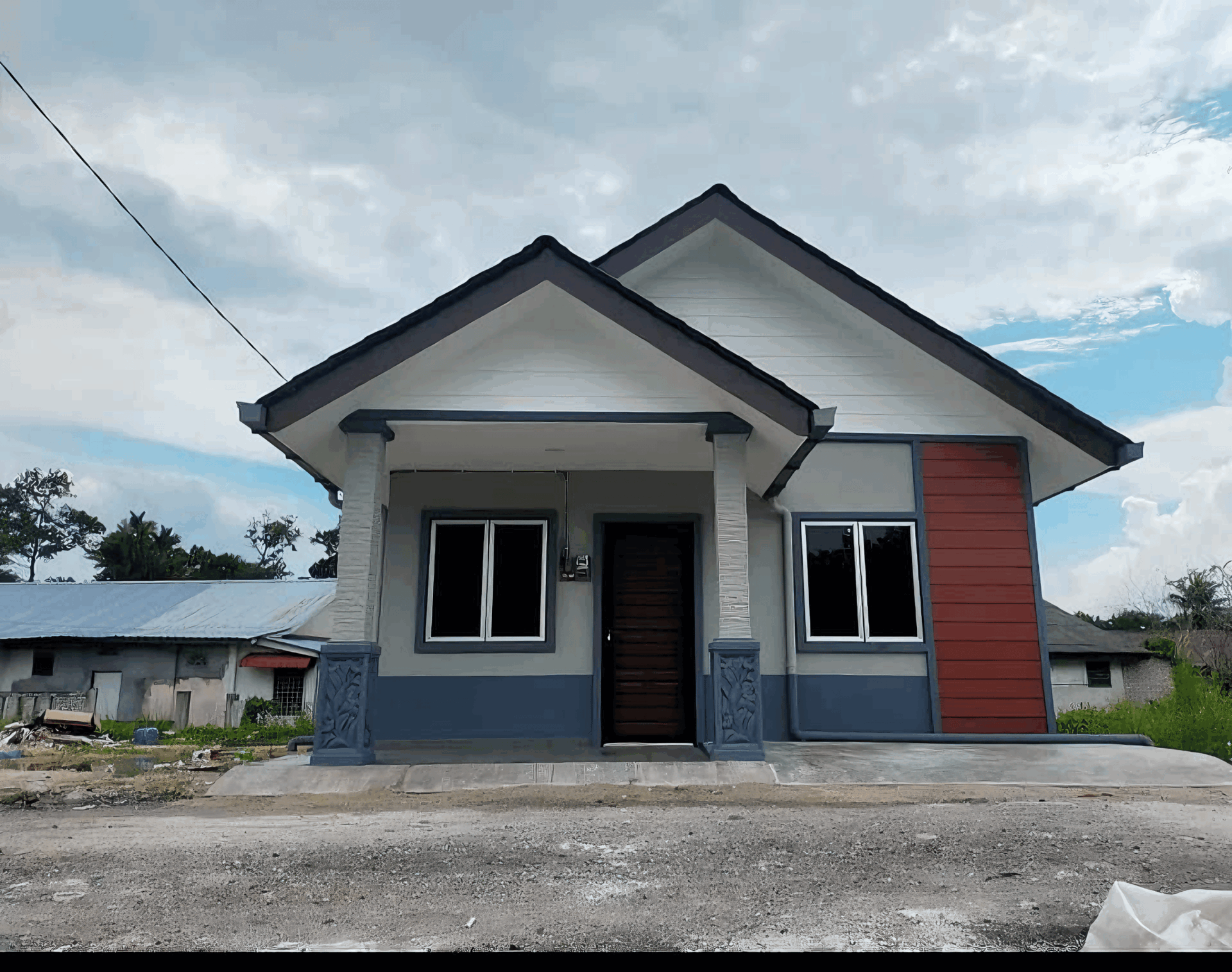
Future Trends in Sustainable Real Estate: What Property Owners Should Know
As the world shifts towards a more sustainable future, Malaysian property owners are uniquely positioned to leverage the benefits of green building practices. With increasing awareness and demand for sustainable living, adopting eco-friendly construction methods not only helps the environment but also enhances property values. Imagine not just owning a building, but one that actively contributes to a healthier planet. This is not just a trend; it’s a significant change in how we view real estate investments.
Future trends indicate that green buildings will likely dominate the marketplace. Features such as energy efficiency, use of sustainable materials, and water conservation are becoming essential selling points. Property owners can enhance their appeal by incorporating smart technologies that monitor energy usage or optimizing natural light to reduce electrical consumption. Here are some key trends to consider:
- Energy-efficient systems that significantly lower utility bills
- Green certifications, becoming increasingly sought after by tenants
- Urban gardening and green roofing practices enhancing outdoor aesthetics
In the realm of financing, green buildings may also enjoy better funding options through green mortgages or incentives provided by local governments. These incentives can significantly offset initial costs and enhance long-term profitability. Besides financial benefits, property owners will also foster a sense of community and responsibility by providing sustainable living options. Below is a simple overview of potential savings and returns on investment for green buildings compared to traditional ones:
| Property Type | Initial Investment | Annual Savings | Estimated ROI (5 years) |
|---|---|---|---|
| Green Building | RM 1,500,000 | RM 120,000 | 30% |
| Traditional Building | RM 1,200,000 | RM 60,000 | 15% |
Wrapping Up
As we wrap up this exploration of green building investments in Malaysia, it’s clear that going green isn’t just a trend—it’s a savvy choice for property owners looking to enhance value and sustainability. By embracing eco-friendly practices and technologies, you’re not only saving on energy costs but also aligning with a global movement towards a healthier planet. Plus, with the rising demand for green spaces, your property could see a significant boost in appeal and market value.
So, whether you’re building new or renovating old structures, consider the long-lasting benefits of green initiatives. Remember, it’s not just about bricks and mortar; it’s about creating a future where both people and the environment can thrive. Let’s make wise choices today for a greener tomorrow. Happy investing!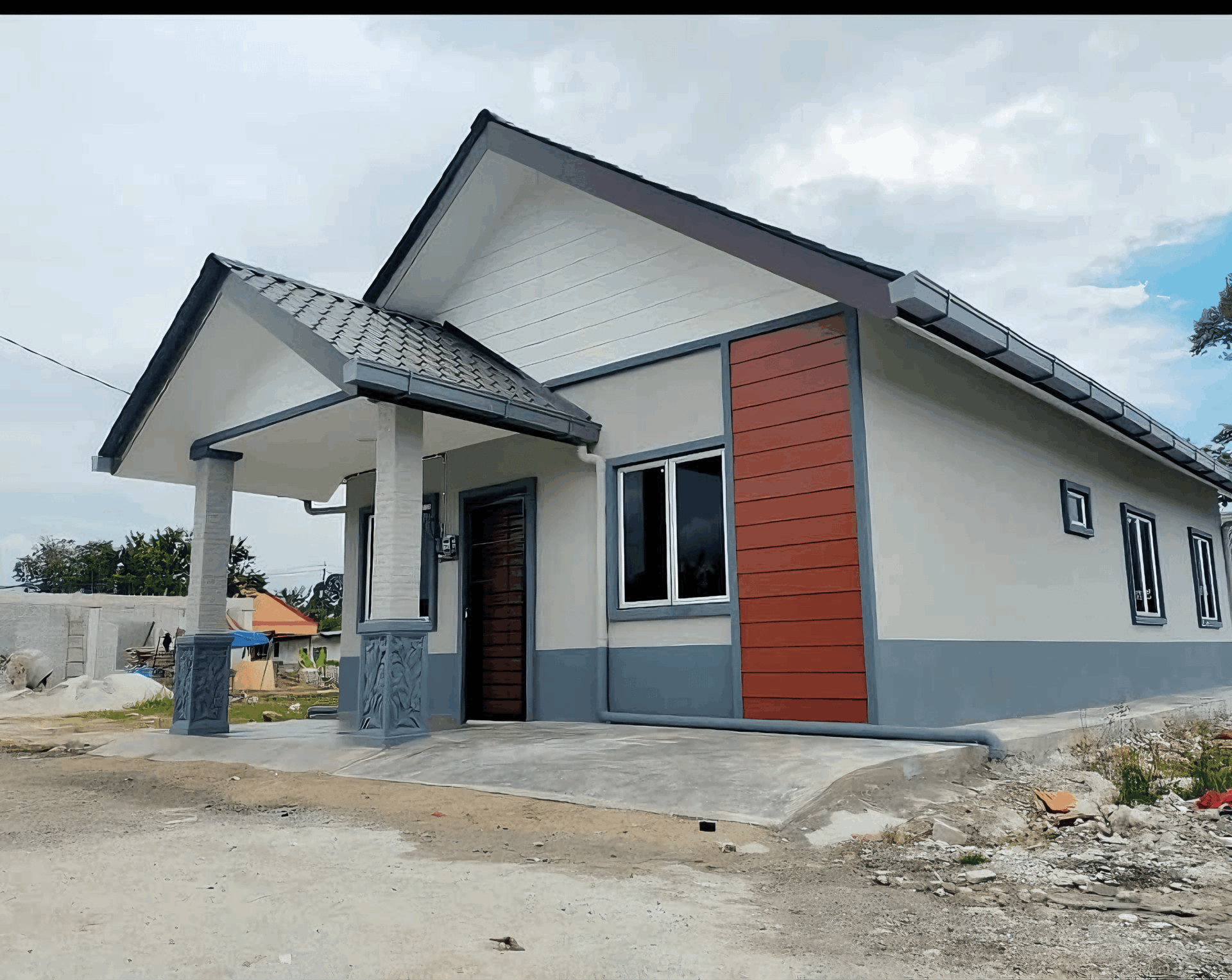
Source link
kontraktor rumah
bina rumah
pinjaman lppsa
pengeluaran kwsp
spesifikasi rumah
rumah batu-bata
pelan rumah
rekabentuk rumah
bina rumah atas tanah sendiri
kontraktor rumah selangor
rumah banglo



